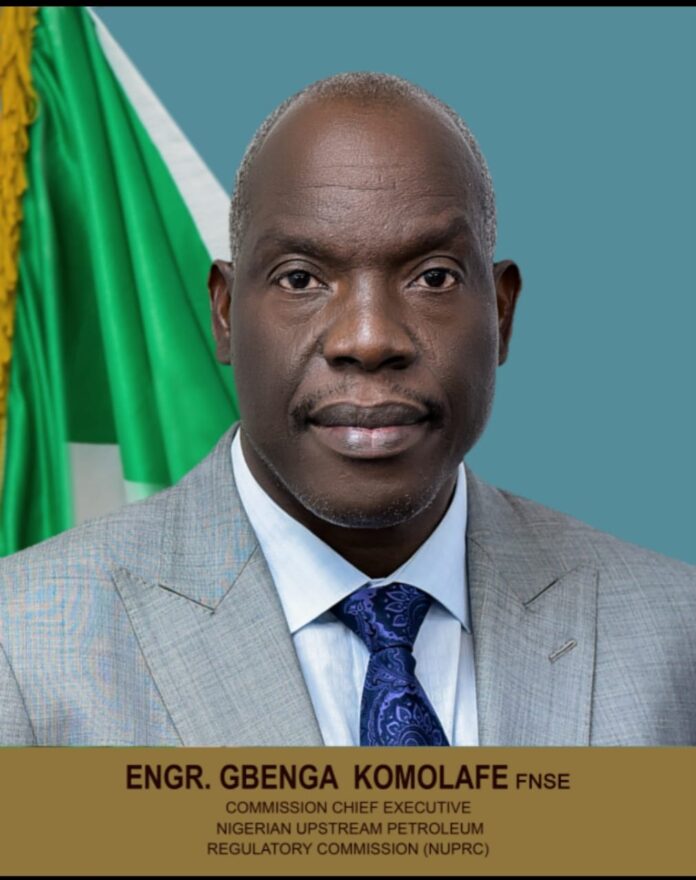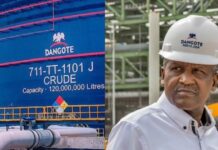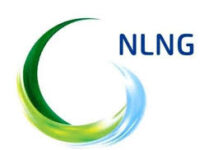Komolafe: It’s Untrue IOCs are Refusing to Sell Crude Oil to Local Refineries
CHIGOZIE AMADI
Contrary to the position of Nigeria’s local oil refineries that International Oil Companies (IOCs) in Nigeria were refusing to sell crude to them, the Nigerian Upstream Petroleum Regulatory Commission (NUPRC) yesterday said the assertion was erroneous.
Chief Executive of the commission, Gbenga Komolafe, who spoke on Arise Television, THISDAY’s broadcast arm, stated that rather it was a willing-buyer, willing-seller market where players are allowed to make decisions, but within the precincts of the law.
Komolafe was responding to a question on why the NUPRC, the upstream regulator, has not been able to ‘whip’ the IOCs into line after the modular refineries first complained of lack of feedstock, then followed by the Dangote refinery which had accused the multinationals of declining to sell.
“Section 109 of the Petroleum Industry Act (PIA) actually provides for enforcement of Domestic Crude Supply Oil Obligation (DCSO)…And I need to say that there’s a provision for willing buyer, willing seller in the PIA.
“To say the least, crude oil supply follows international principle, crude being an international citizen. And the commission came out, and as I speak, have been able to proactively put in place what we call the rule of engagement between parties.
“Again, having done that, we realised again that the domestic refiners came up with the issue of pricing. And we reviewed that issue. And like I said, the commission is guided by the principle of willing buyer, willing seller.
“So, one thing we need to avoid as a nation is that in setting crude oil price in the upstream, we must avoid the pitfall in the downstream aspect of the industry, that created what we call under-recovery, and of course, the subsidy phenomenon.
“So we are trying to avert in the upstream the possibility of having under-recovery in a manner that it will be a disincentive to investment in the upstream,” Komolafe said.
To the best of the knowledge of the commission, Komolafe said he was not aware that any IOCs was not complying with their statutory obligations to make crude available.
“I think that is erroneous, and I need to make that very clear. So, the IOCs or other producers, none of them is refusing to comply with the provisions of the law of the Federal Republic of Nigeria, and the commission is in no way shying away from this. I think there’s a wrong perception here.
“It is not as if any producer is refusing. No producer is refusing to make crude available to Dangote Refinery or any domestic refinery whatsoever,” he added.
On crude oil losses, Komolafe stressed that up to 40 per cent of what was believed to be oil theft in Nigeria could be attributed to metering inaccuracies, which he said the agency was working to rectify.
“The NUPRC, upon assumption of duty indeed commissioned an independent study, and that study revealed that we were losing, as at the time we were losing about 100 to 120,000 barrels of crude per day.
“But the good thing now is that we’ve witnessed a drastic reduction in the volume of crude oil theft that we were experiencing arising from the multi-faceted actions being taken by the general security services, the NNPC and the regulators.
“So, there has been concerted approach by government in trying to curtail the menace of crude oil theft in Nigeria,” he stressed.
With the Nigerian upstream petroleum measurement regulation, he said this would ensure that engineering integrity audits would be conducted on metering stations across 187 flow stations to ensure that all meters are delivering according to industry and liable specification standards.
“In the course of the independent integrity audit, it was revealed that about 40 per cent of what is adjudged crude oil theft actually are attributable to what is called metering inaccuracies. And if this is ‘fiscalised’, we’ll realise that the nation will be saving billions of dollars annually,” Komolafe added.
He argued that the issue of crude oil theft was affecting Nigeria not only in terms of the volume that it loses as a country, but also that it’s serving as a disincentive to investors.
“No investors would want to put his money in a manner that the investor loses his investment. So, to that extent, of course, we’ve been experiencing divestment recently from the onshore terrains to the offshore.
“And one of the factors that has led to that is that investors, the IOCs, they recognise the fact that it is safer for them to reorder their portfolio and relocate to safer source in the course of their investment.
“That is the offshore area where they feel that their investment will be protected better than the onshore. So that in itself is a pointer to the fact that the onshore areas are more prone to crude oil theft,” he added.

























